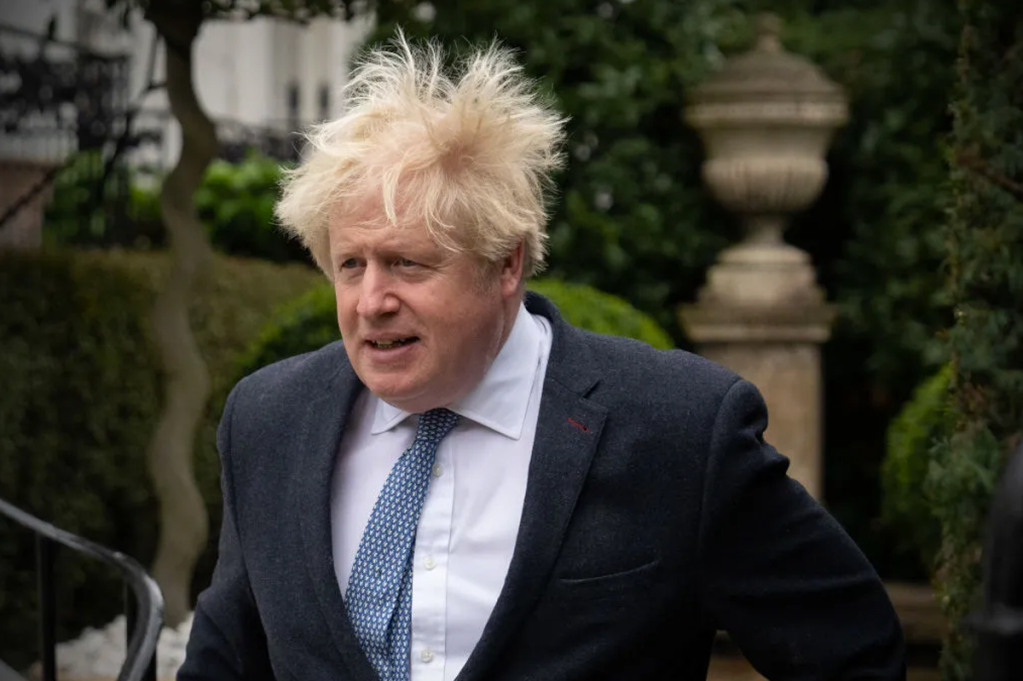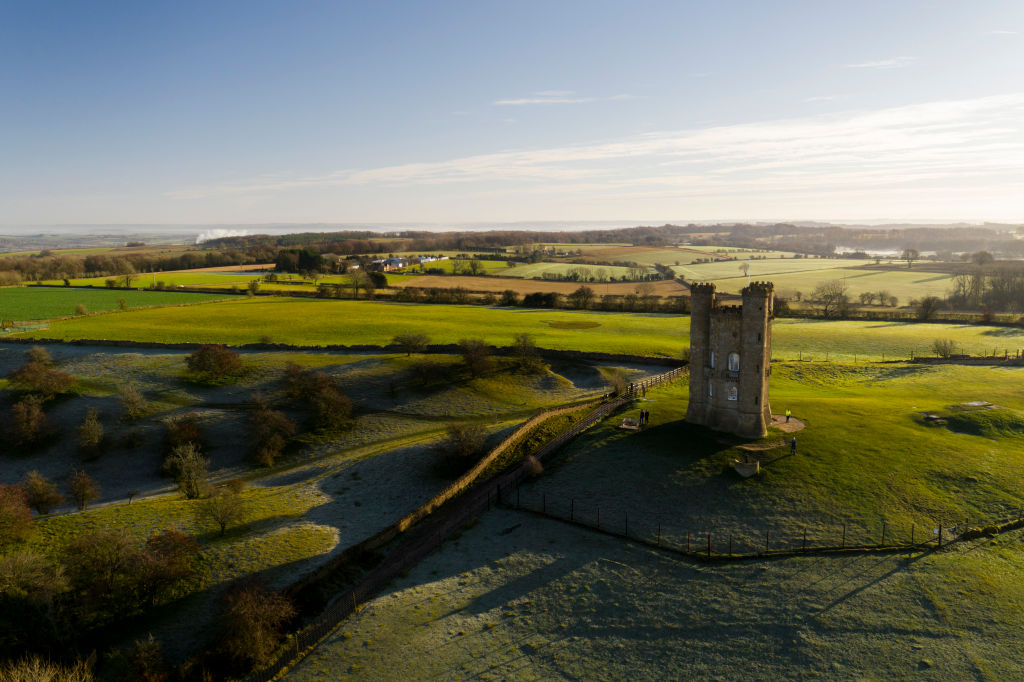Boris Johnson has just finished a mammoth three-hour evidence session in front of the Privileges Committee inquiry into whether he misled the UK Parliament about Covid guidance being broken in No. 10 Downing Street. It was a combative affair at times with Johnson displaying flashes of anger and irritation — understandable given it was twice as long as the Liaison Committee grillings he was used to as prime minister.
If this were a boxing match, it would appear to be decided on a points decision, with neither side being able to land a killer blow: Johnson looked on the ropes at times but the committee were unable to conclusively prove that the ex-premier had knowingly misled the House. Still despite all the heat, there was some light in the proceedings, ahead of the committee’s forthcoming report. Below are five things we learned from Boris Johnson’s evidence session.
1. Was No. 10 an exception to the rules?
Johnson was probed about photographs of him at Lee Cain’s leaving drinks in November 2020 and then his attendance at Cleo Watson’s bash two weeks later. In the case of the former, he was asked about the lack of the two-meter rule for social distancing and that attendees were sharing drinks. He replied that “workplace freedoms” meant that businesses only had to apply social distancing “where possible.” In the case of the latter, he had a tetchy exchange with Bernard Jenkin over whether leaving drinks were “necessary for work purposes” to which Jenkin replies ominously: “I don’t think we agree with your interpretation of guidance.”
Johnson claimed there were “mitigations” within the social distancing guidance and that “everyone” within No. 10 believed this. Much of Johnson’s argument comes down to whether or not leaving dos like this were necessary for work purposes. He has argued that keeping up morale was a key part of his job — Sir Bernard seems skeptical of that. Will he and the rest of the committee find that plausible?
2. ‘Guidance’ versus ‘rules’
Johnson argued in his fifty-two-page legal submission that the committee ought to be “exclusively concerned” with his statements on breaches of Covid laws, not anything related to guidance. Harriet Harman sought to dismiss this in her opening argument, declaring that the committee would be “talking about rules and guidance” because Johnson told MPs that No. 10 had complied with both. Johnson retorted in his own response that the committee ought to look at “what I said about rule-breaking rather than non-statutory guidance.” That distinction will be key to the committee’s findings.
3. Boris backs off ‘kangaroo court’ accusations
Sir Charles Walker, one of the wilier members of the committee, pressed Johnson on press briefings from some of his self-described allies about the inquiry being akin to a “kangaroo court.” Nothing could be further from the truth, retorted the ex-Tory leader: on the contrary he praised the “distinguished” committee. He refused to repeat the phrase “kangaroo court” saying he “deprecates” the term. However, he left space to come to such a conclusion if the committee found him guilty. When pinned down by Alberto Costa on whether the committee could be fair and find him in the wrong, Johnson said he would “wait to see how you proceed with the evidence.” So should the committee find Johnson in contempt of Parliament, we could expect the attacks from his allies to continue.
4. The ‘flimsy’ assurances Boris received
Perhaps more revealing than Johnson’s well-publicized claims was the committee’s reaction to hearing them. Harriet Harman in particular seemed unimpressed by Johnson’s statement in the Commons in December 2021 when she heard him talk about his assurances that no rules had been broken. She told Johnson that MPs thought they were serious assurances. Instead, they were from political advisors, not civil servants. Some of them were privately nursing their own doubts, as the committee’s WhatsApp messages showed. The assurances also covered rules, not guidance; and they only covered one event.
Harman concluded by attacking the “flimsy nature” of these assurances. Bernard Jenkin also implicitly criticized Johnson by saying he “did not take proper advice” before telling Parliament that no lockdown rules were broken. That would point to a less favorable outcome for Johnson at the hand of the committee.
5. This is by no means over
Johnson concluded the session by saying he had “much enjoyed” the discussion, to a loud laugh from the back of the room. Harriet Harman replied by saying that the committee will consider what he has said but added that it might still take other written or oral evidence. Johnson’s evidence was delivered under oath, having sworn on the King James Bible that “I am here to say to you hand on heart that I did not I did not lie to the House.” Given the tortured nature of these proceedings over the past eighteen months – from the Mirror story to the Sue Gray report to this ongoing inquiry – every word of Johnson’s testimony will be now pored over to check for inconsistencies. Will any further evidence come to light to contradict Johnson’s claims? Or is that the end of any matters of substance?
This article was originally published on The Spectator’s UK website.

























